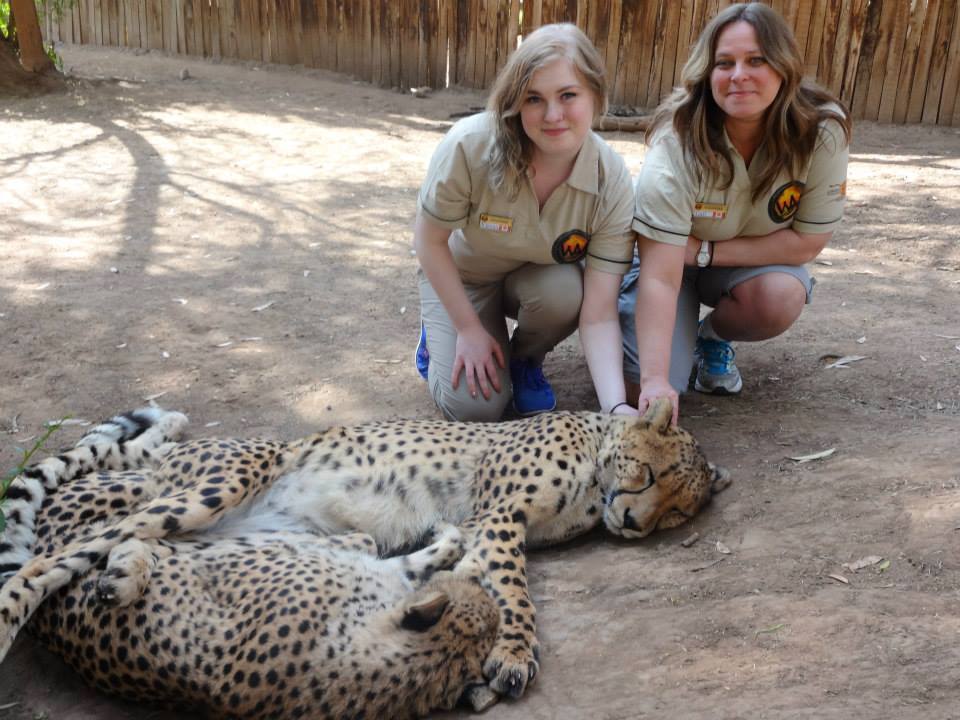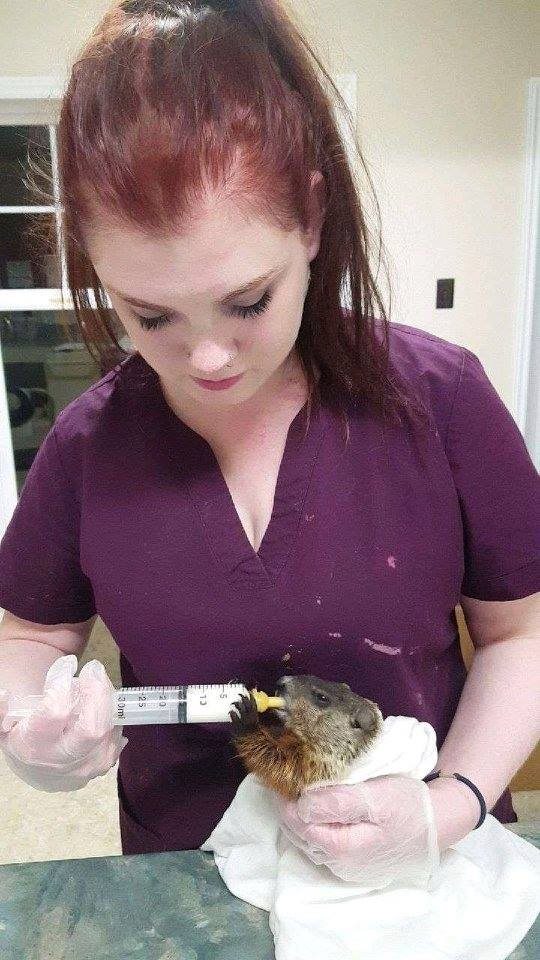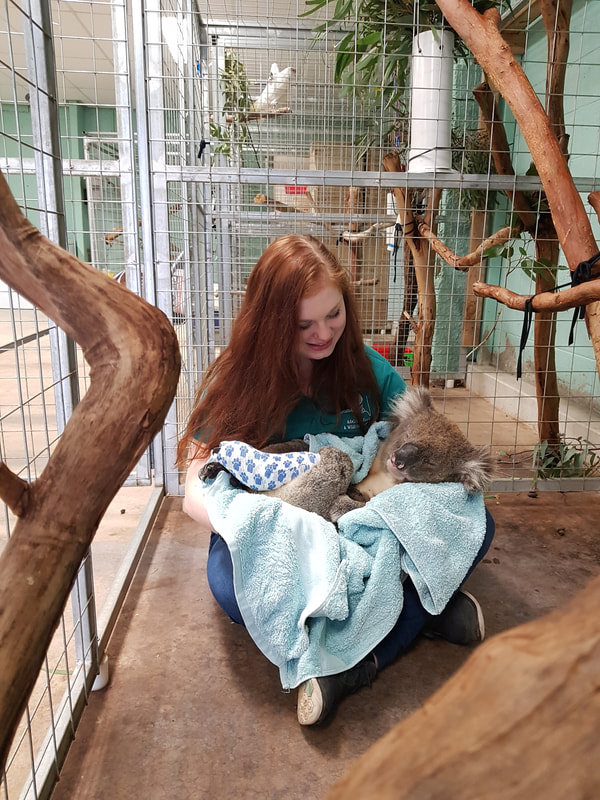|
By Kianna LaBine Studying abroad is the first thing I think of when anyone mentions travelling while in school. It is a popular program in universities across the board; and honestly, sounds like a great time. The University of Alberta --where I went for my degree, offers many programs in tons of countries, including a South Africa field program. Once I investigated more, I realized that this was definitely something I could not afford. At the time the summer program was $15,000 for the International student fees alone, plus flights and living expenses. I began looking for international internships and volunteering in basically any country that had animals. Since I had never traveled alone before, I wanted to go through a reputable third-party group to ensure I was in good hands. Some of the larger organizations that I was looking at were Volunteerhq.org, gvicanada.ca and goeco.org. My search began with each website, time commitment, price, duties, requirements, and the countries average temperature at the time (I really did not want to spend weeks outside in 40+ weather). I weighed the pros and cons of each opportunity and ended up with my choice – Cango Wildlife Ranch in South Africa offered by Goeco.org. I applied and right away they reached out to me to get more information as well as see what my expectations were. They helped with planning flights, pick-up from the airport and settling my nerves. I also managed to get a leave from work because it was beneficial to my education. It was my second year of university; I was still living at home and when I told my mother I wanted to go to South Africa she almost fainted. After a lot of convincing, she decided I could go but she would be joining. She had contacted Goeco to see if she would be allowed to volunteer for a short time as well, and they said yes. So that’s how my mother and I ended up in South Africa together. We explored some of the country for a couple weeks before the volunteering began. Once we got to the town where the Cango Ranch was, we were picked up from the airport and transported to the home where we were to live --the beautiful home of the Ranch owners, it even had a pool! There was someone cooking for us and cleaning up after us too; honestly, it was a dream situation. We spent our days feeding and cleaning enclosures of many of Africa’s animals, including large cats, lemurs, meerkats, bat-eared foxes, and fruit bats! After 2 weeks my mother had left, and I was moved into a different house where I lived with 8-10 other people of similar age. We had a blast; we were going out to bars in the evenings and exploring the country on the weekends. At 19 years old my body still functioned on no sleep. This was a very luxurious volunteer experience to say the least. My mother and I with cheetahs after they were exhausted from their enrichment activity
Benefits of volunteering and interning:
Tips:
 Kianna LaBine has a Bachelor’s degree in Biology from the University of Alberta, and has always had a passion for animals. She is currently working at the Edmonton Humane Society as a Programs & Services administrator; two of their main programs are the PALS (Prevent Another Litter Subsidy) program and the TNR (Trap-Neuter-Return) program. The PALS program allows low-income families an opportunity to have their animals spayed or neutered at a discounted price to reduce the community’s homeless pet population. The TNR program helps feral cat colonies by humanely preventing unwanted litters and helping to combat pet overpopulation.
1 Comment
|
ELB MembersBlogs are written by ELB members who want to share their stories about Ontario's biodiversity. Archives
January 2023
Categories
All
|




 RSS Feed
RSS Feed